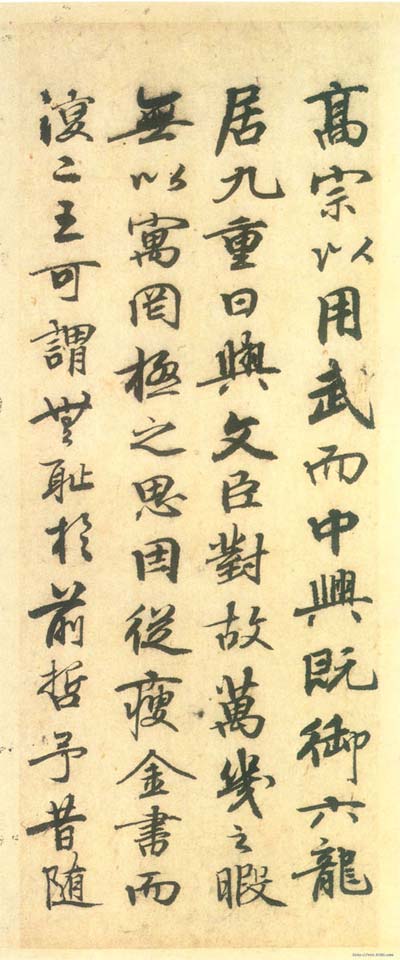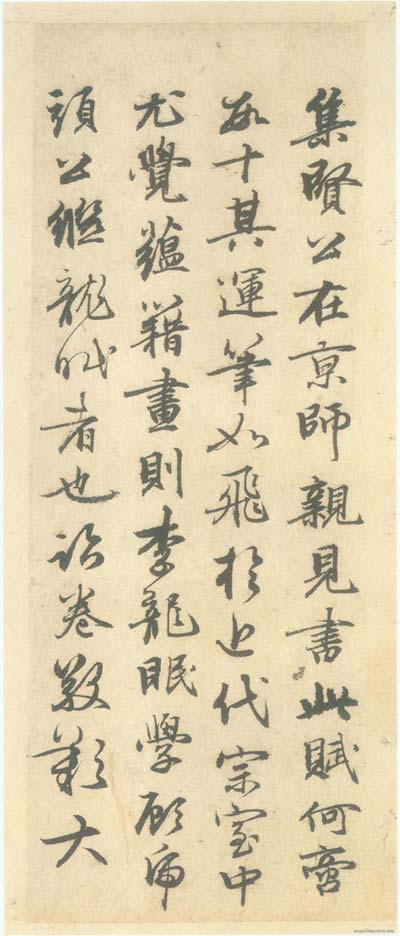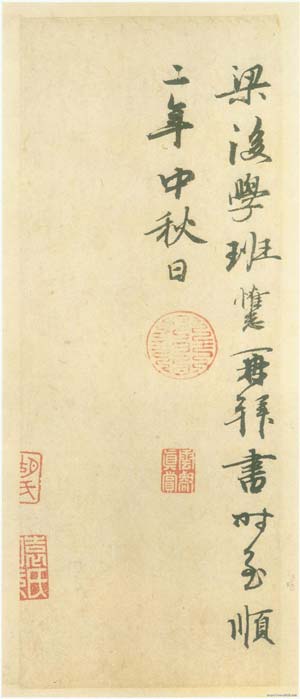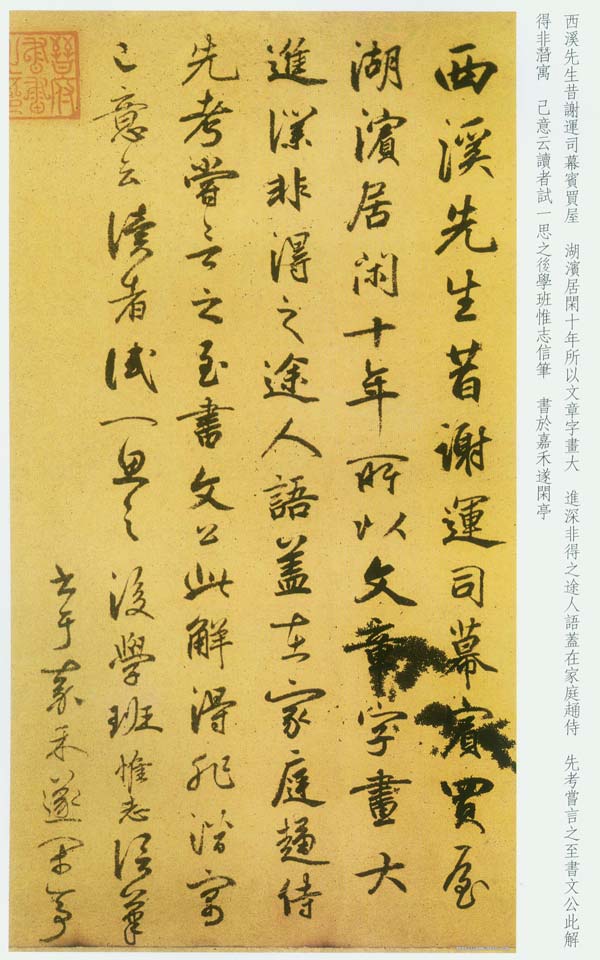Ban Weizhi's courtesy name was Yan Gong and his given name was Shu Zhai. He was a native of Daliang (now Kaifeng City, Henan Province); or he was thought to be a native of Songjiang (now Songjiang County, Shanghai) and lived in Hangzhou. Deng Wenyuan was the master of Confucianism in Hangzhou Road, and Ban Weizhi studied under Deng Wenyuan. During the Yuanzhen period, Deng Wenyuan was hired to write the Tripitaka for the royal family, and Ban Weizhi accompanied him. During his stay in Taiding, he was recommended as a professor in Fuliang (now Poyang County, Jiangxi Province). Soon, he moved to Jinzhou (now Jinxian County, Hebei Province) to be the state judge. During the Zhihe period, he promoted officials to the Shaoxing Road General Manager's Office. In the third year of Zhishun (1332), he was the secretary in charge of Dadu. In the third year of the Yuan Dynasty (1337), he became the magistrate of Changshu Prefecture on Pingjiang Road, except for the ministers. At the beginning of the Zheng Dynasty, he served as the promotion committee for Confucianism in Jiangsu and Zhejiang. When the rank of the Confucian minister was full, he went north to Dadu and was awarded the system of gathering talents. After becoming an official, he returned south and died in Hangzhou. Ban Weizhi was erudite and versatile, and was also good at calligraphy. He was also famous for his lyrics and music.



Ban Weizhi's "Red Cliff Fu Volume with Postscript to Zhao Mengfu's Book", 27.2 cm in length and 11.1 cm in width, collected by the National Palace Museum in Taipei.

Ban Weizhi's "Postscript Xian Yushu's Cursive Script Han Yujin's Interpretation" collected by the Capital Museum in Beijing








